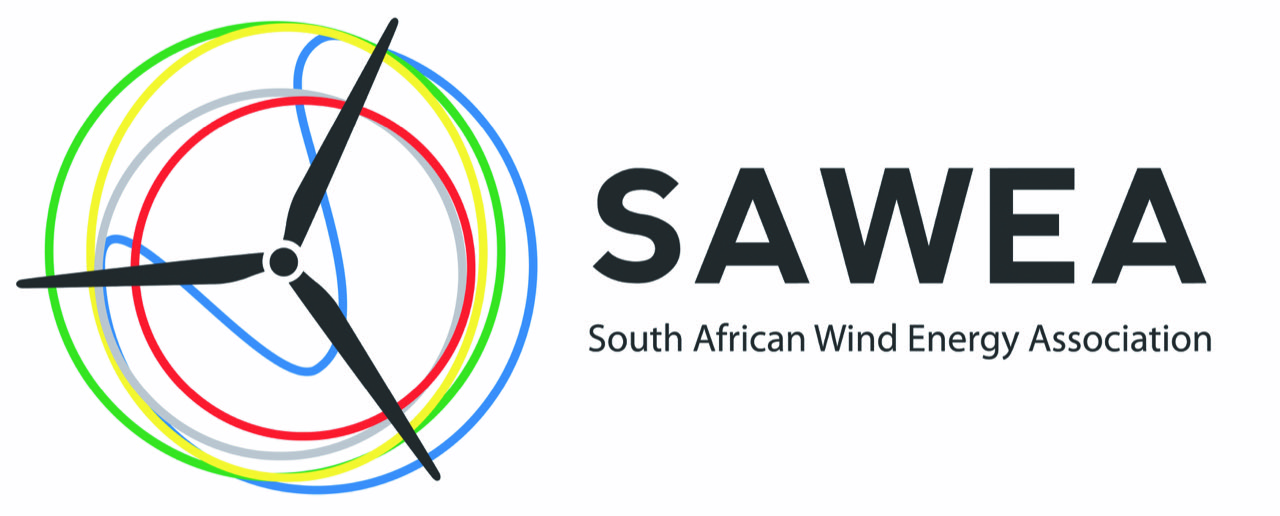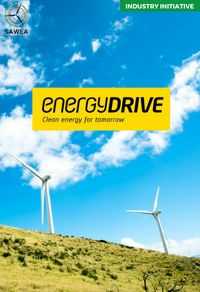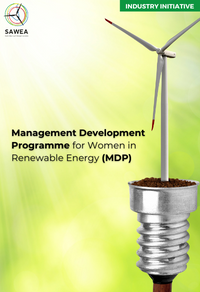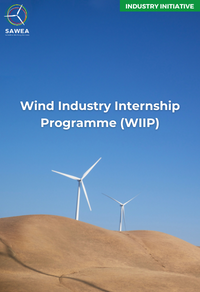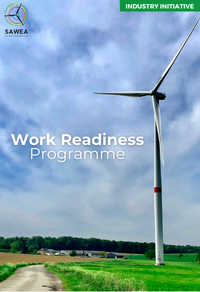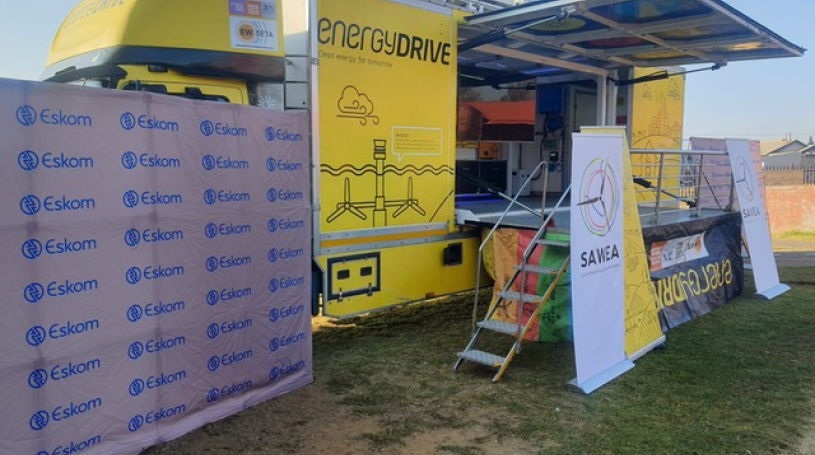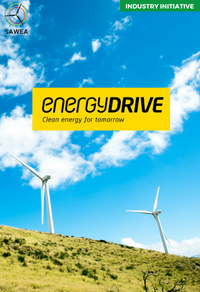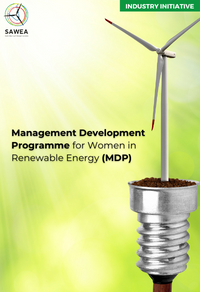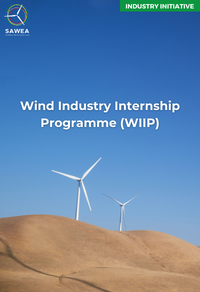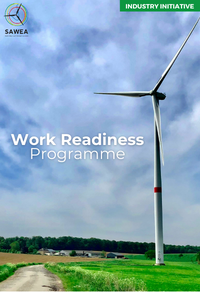SAWEA’S EnergyDRIVE bus returns for the 6th time in the Cape Regions, Empowering Youth Towards Promising Green Jobs
Building on the success of the Mpumalanga energyDRIVE in May to promote renewable power technologies and provide career guidance in rural community schools, the Cape Route energyDRIVE is currently underway. Starting the Cape Route at Skurweberg Secondary School in Ceres, Western Cape on the 7th of October, the energyDRIVE bus aims to reach over 5,000 learners across the Western, Northern, and Eastern Cape regions of South Africa, with the final destination being Kwenxura Senior Secondary in Mooiplaas on the 31st of October 2024.
An initiative by the South African Wind Energy Association (SAWEA), the Cape Route edition is endorsed by eight partners, namely Perdekraal Wind Farm, Scatec, EDF, Dorper Wind Farm, Mulilo BTE Prieska, Noblesfontein Wind Farm, Enel Green Power SA, Loeriesfontein 2, and Khobab Wind Farm.
The fundamental objective of this programme is to engage, educate, and inspire, with a particular focus on nurturing the next generation's interest in renewable energy. Furthermore, this initiative emphasises the role of wind energy as one of the leading technologies in creating employment opportunities, particularly for the youth.
The WindAc Africa and SAWEA’s Windaba Conference in October also exposed learners to crucial information provided by industry experts from around the world, and outlined the career opportunities available in the renewable energy industry. At the conference, learners and students could also experience the custom-built interactive mobile edu-unit bus which showcased various technologies including wind energy components, solar PV rooftops, battery storage, biogas digesters, and solar water heater systems.
By providing support and recognition to the 152 exceptional students that were shortlisted to present their outstanding research papers at the conference, WindAc Africa Conference is inspiring and empowering the next generation of wind energy professionals through various sponsorship opportunities. These could include financial assistance, mentorship programmes, and networking opportunities, giving students valuable resources and exposure to the wind industry.
There are different job profiles across the value chain including design, development, construction, operation, maintenance, and decommissioning of wind projects. According to a study by the Council for Scientific and Industrial Research (CSIR), decarbonising South Africa’s power sector can create 145,000 net jobs by 2050, including around 65,000 jobs in the wind energy sector, should we commit to rapid decarbonisation as per our nationally determined contributions and commitments.
According to the International Renewable Energy Agency (IRENA), the off-grid value chain alone, including sales, marketing, installation and services, could create at least 4.5 million jobs globally by 2030.
“With roles spanning various disciplines such as engineering, project management, research and development, and policy advocacy, young individuals will be able to contribute to the design, installation, and maintenance of renewable energy systems, lead project initiatives, drive innovation, influence policy decisions, and even venture into entrepreneurship. This presents a dynamic and promising field for career growth and development, so it’s the ideal conduit for young people to actively shape a sustainable future for the nation,” says Morongoa Ramaboa, SAWEA Chief Communications Officer.
SAWEA aims to highlight the importance and value of harnessing green skills at grassroots level to build the workforce that South Africa requires for a just energy transition towards a green economy. The collaboration between SAWEA and its partners enhance the initiative’s credibility in influencing the lives of young people and nurturing the potential of new entrants into the wind energy sector.
“Through its engaging and informative approach, the Cape Route energyDRIVE will contribute to building a knowledge base among students and fostering a positive attitude towards renewable energy,” concludes Ramaboa.
Companies with similar objectives and a desire to empower young people with knowledge and employment opportunities, have contributed to the energyDRIVE initiative through various investment avenues. These include Loeriesfontein 2 and Khobab Wind Farm; Noblesfontein Wind Farm; Perdekraal Wind Farm; Scatec (Simacel 160, Scatec Solar Kalkbult, Enel Green Power, Simacel 155, Scatec Kenhardt 1, Dyason's Klip 1, Dyason's Klip 2); EDF (Chaba Wind Power, Riverbank Wind Power, Waainek Wind Power, Grassridge Wind Power); Dorper Wind Farm; and Mulilo BTE Prieska.
